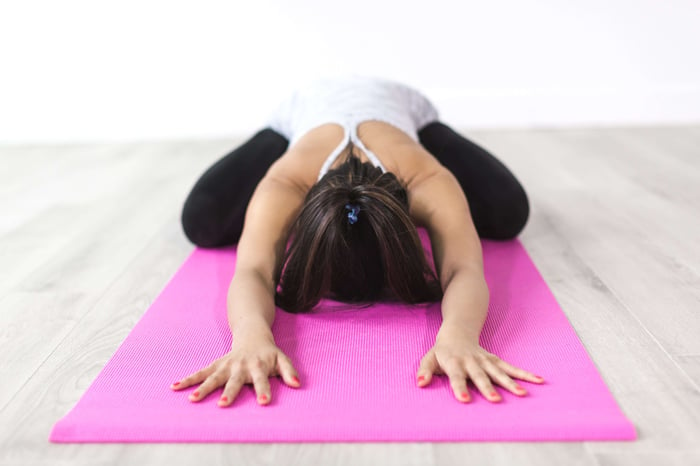We’re back, and we’re talking about menstrual cramps today. Just like we did here when discussing heavy bleeding, here where we talked of stretches that could help, and here when Anusha shared her endometriosis story.
Surprised? We aren’t!
We talk about period cramps so much because, well, they’re hard to ignore. Also for a lot of us, they’re a BIG part of our period experience. It may seem like some people aren’t too bothered about their cramps and we’re here to remind you that others *really* are. Both these experiences are completely normal and valid! 80% of menstruators have experienced some level of period pain.
Cramping occurs in varying intensities with different people, and some have it worse off. If you’re one of those who experience stronger cramps, you’ve probably taken some over-the-counter medication for this -- likely ibuprofen, naproxen or others like diclofenac.
These drugs in particular are also known as “NSAIDs”, or “non-steroidal anti-inflammatory drugs”.
How do they work? In short, these anti-inflammatory drugs inhibit prostaglandins from being produced in the body. The “cramping” that we experience is the breaking down of the uterine lining, a process which stimulates prostaglandin production. Prostaglandins themselves are the hormones that create reactions such as pain, fever and inflammation in response to damaged tissue, sparking up the healing process.
NSAIDs are usually safe to consume. They’re easily available, fast, and quite a few people deem them effective. According to this study, NSAIDs have had helpful effects in just over 30% of menstruators.
On the other hand, however, they do come with a range of (rare, but possible) side effects, including abdominal pain and nausea. Additionally, each dose doesn’t last very long - chances are you’re going to have to take several over the course of your period. They may also not prove very effective, as studies say that they don’t work for everybody.
Remember, it’s best to get advice from your doctor, even if just for over-the-counter medication. Alternatively, you could consider natural forms of cramp relief without side effects, like yoga, using a hot water bottle (or heat press), or drinking herbal teas.




